
This one vitamin could help stop you from waking up to pee every night
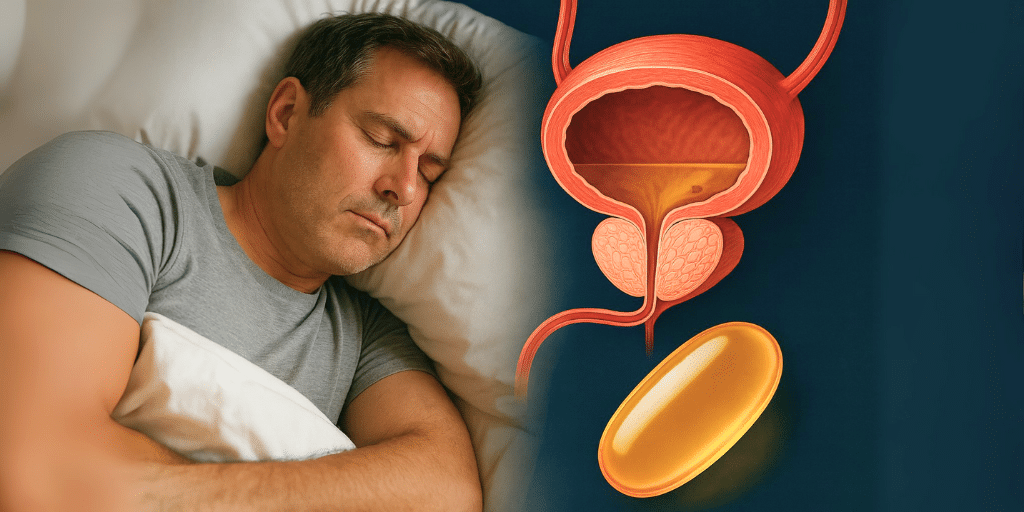
Does this scenario feel all too familiar? You glance at the glowing red digits on your alarm clock—4:00 AM—and there you are, awake once again. Not because of a nightmare or a sudden noise, but because that persistent urge to use the bathroom has yanked you out of your sleep. And just like that, your night is fractured, leaving you sluggish, mentally foggy, and easily irritated for the rest of the day.
You may have been told this is simply an unavoidable part of aging, something you must learn to live with. But that isn’t the truth—not even close. You do not have to accept a life filled with broken sleep and exhausted mornings. And I’m not here to give you simplistic advice like “drink less water.” Instead, I want to explain what’s really causing this issue and show you a practical, effective strategy to take back control of your nights. Stick with me, because what you’re about to learn can not only restore your sleep—it can restore the quality of your entire life.
What No One Told You About Nighttime Bathroom Trips
The constant need to urinate during the night is known as nocturia. Although many people experience it, don’t confuse common with normal. Nocturia is not an unavoidable marker of getting older. It is your body’s way of signaling that something deeper is happening—and ignoring that warning can carry serious consequences. Once you understand the root issues, you can finally break the cycle and reclaim peaceful, uninterrupted rest.
Key Takeaways
1. Nocturia Is a Real Health Risk
Waking up frequently doesn’t just inconvenience you—it increases your risk of falls, cognitive impairment, heart strain, metabolic issues, and chronic stress.
2. Myths Make the Problem Worse
Misguided advice—such as drastically cutting back on water or assuming you have a “small bladder”—often intensifies the issue instead of solving it.
3. There Are Real Physiological Causes
Hormonal changes, fluid shifts in your legs, and vitamin deficiencies can all contribute to nighttime overproduction of urine.
4. A Strategic Plan Works
A combination of vitamin optimization, smart hydration timing, and specific nighttime techniques can dramatically reduce or eliminate nocturia.
1. The Hidden Dangers Lurking in Those Nighttime Bathroom Trips
Those quiet walks down the hall aren’t as harmless as many people assume. Each nightly interruption brings risks that accumulate over time and affect every part of your health.
Fall Risks Increase Dramatically
Navigating a dark room with half-asleep reflexes is a recipe for danger—especially as you get older. A fall that might have been minor in your thirties can lead to devastating injuries in your sixties or seventies. Hip fractures, in particular, can trigger a long cascade of health complications, loss of independence, and reduced mobility.
Your Brain Suffers When Sleep Is Interrupted
Deep sleep is not optional—it’s when your brain clears out toxic waste products, including the beta-amyloid proteins linked to Alzheimer’s. When sleep is repeatedly broken, that cleaning cycle remains unfinished. At first, you may experience forgetfulness or sluggish thinking. Over the long term, the risk of cognitive decline increases significantly.
Your Heart Takes a Hit Each Time You Wake
Every abrupt awakening sets off a stress response: cortisol rises, adrenaline surges, blood pressure spikes. This constant strain can contribute to hypertension, heart disease, and reduced cardiovascular resilience. The heart needs uninterrupted rest to properly recover.
The Emotional Impact Is Real
Chronic sleep disruption drains your energy, dampens your mood, and chips away at your sense of well-being. Over time, you may feel less motivated, less joyful, and even less like yourself. Relationships, hobbies, and daily activities all suffer when fatigue becomes the norm.
2. What Causes Nocturia? The Real Reasons Behind the Problem
Understanding the root causes is the first step toward fixing them.
Prostate Issues (For Men)
For men over 50, an enlarged prostate is a very common contributor. It can narrow the urethra and irritate the bladder, making nighttime trips more frequent. A doctor can evaluate and guide treatment if this is the cause.
Declining Levels of Antidiuretic Hormone (ADH)
ADH instructs your kidneys to slow urine production at night. As you age, ADH production can decrease, meaning your kidneys continue working as if it’s daytime. That leads to a full bladder several hours after falling asleep.
Fluid Redistribution From the Legs
If your ankles or lower legs swell during the day, that fluid doesn’t simply vanish. When you lie down at night, gravity stops pulling it downward. It reenters your circulation, gets filtered by your kidneys, and ends up in your bladder. This explains why some people always wake up three to four hours after lying down.
Vitamin D Deficiency and Bladder Function
Your bladder’s detrusor muscle relies on Vitamin D receptors to function properly. Low Vitamin D levels can make the bladder more irritable, contribute to urgency, and interfere with normal emptying. Correcting this deficiency strengthens your bladder’s ability to store urine comfortably.
3. Three Myths That Make Nocturia Worse
Before you can fix the problem, you need to unlearn what’s been misleading you.
Myth #1: “I should barely drink anything during the day.”
Dehydrating yourself backfires. Concentrated urine irritates the bladder, making it more reactive and more likely to wake you up. Drinking too little is one of the fastest ways to worsen nocturia.
Myth #2: “My bladder must be too small.”
In most cases, bladder capacity isn’t the issue at all. The real problem is excessive nighttime urine production or fluid returning from the legs.
Myth #3: “A little alcohol helps me sleep better.”
Alcohol is a strong diuretic and also suppresses ADH—causing your kidneys to produce even more urine. That nightcap doesn’t relax your sleep cycle; it disrupts it.
4. Your 3-Step Action Plan for Deep, Unbroken Sleep
Here’s the science-backed approach that actually works.
Step 1: Optimize Vitamin D Levels
Request a blood test from your doctor to determine whether you’re deficient. The correct dosage varies from person to person. Early morning sunlight—about 15–20 minutes before 10 AM—also boosts Vitamin D naturally.
Step 2: Time Your Fluids Wisely
Drink normally, but front-load your intake. Aim to consume around 75% of your daily fluids before late afternoon. This gives your kidneys ample time to handle the load before nighttime.
Step 3: Use Fluid-Release Techniques Before Bed
Double voiding:
Before bed, urinate, wait 30 seconds while relaxing, then try again. This ensures your bladder is thoroughly emptied.
Leg elevation (the “gravity elevator”):
One to two hours before bed, elevate your legs above your heart. This helps drain retained fluid so your body eliminates it before sleep, not during it.
Conclusion
This isn’t magic—it’s biology, strategy, and awareness. Nocturia doesn’t have to rule your nights or drain your days. By addressing vitamin deficiencies, adjusting hydration timing, managing fluid buildup, and adopting a few simple nighttime habits, you can dramatically improve your sleep quality.
Think about what you stand to gain: deeper rest, brighter mornings, better cognitive function, lower risk of falls, and a renewed sense of control over your health.
The tools are in your hands.
Now is the time to put them to use and reclaim your nights—and your life.
News in the same category


Scientists say this nutrient may hold the key to reversing heart disease

Health problems that improve with vitamin B12 (and how to use it)
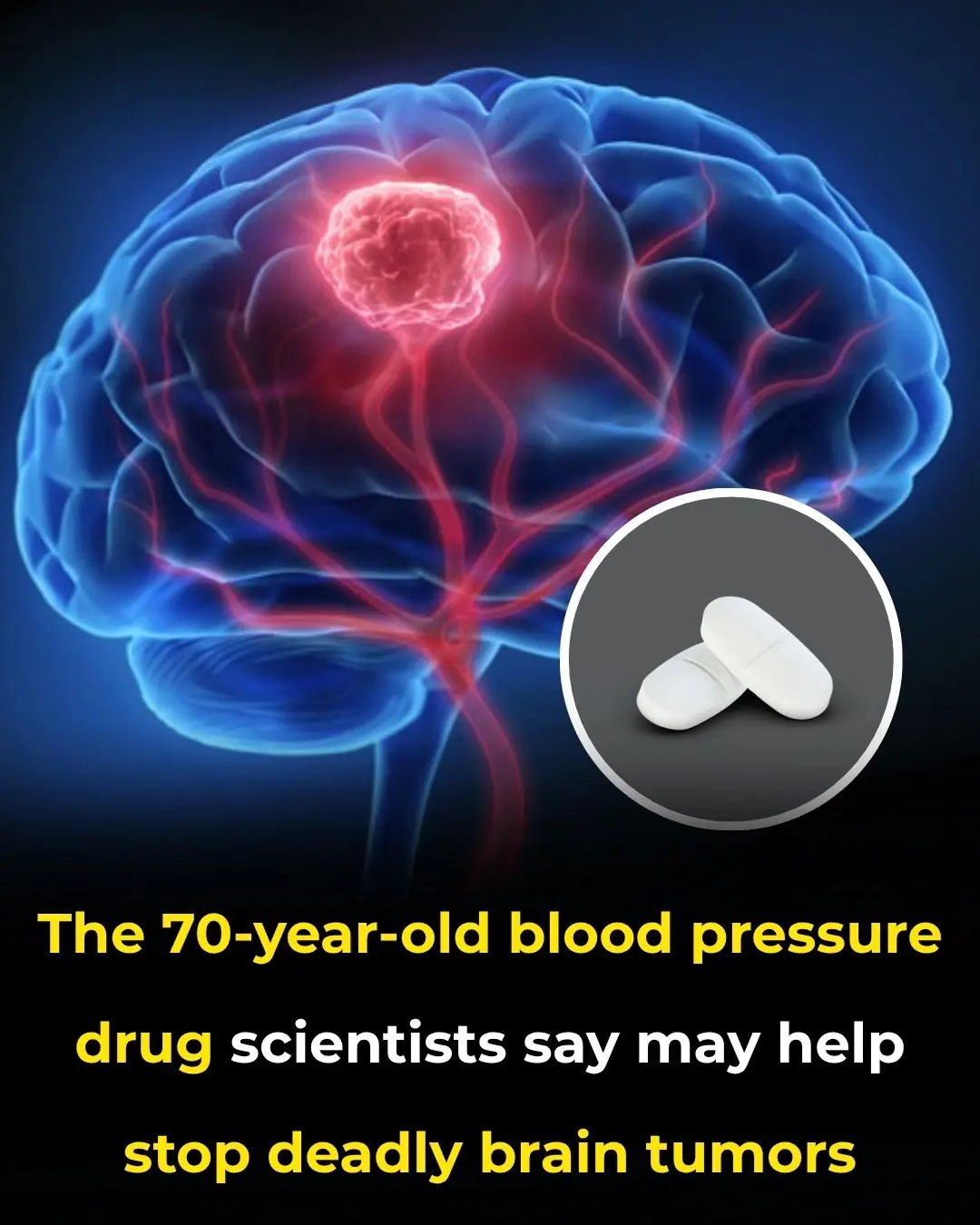
The 70-year-old blood pressure drug scientists say may help stop deadly brain tumors

These 4 common prescription drugs may be silently damaging your nerves

The #1 fastest way to reverse liver and kidney damage

The protein sources that build your body vs. the ones that waste your money
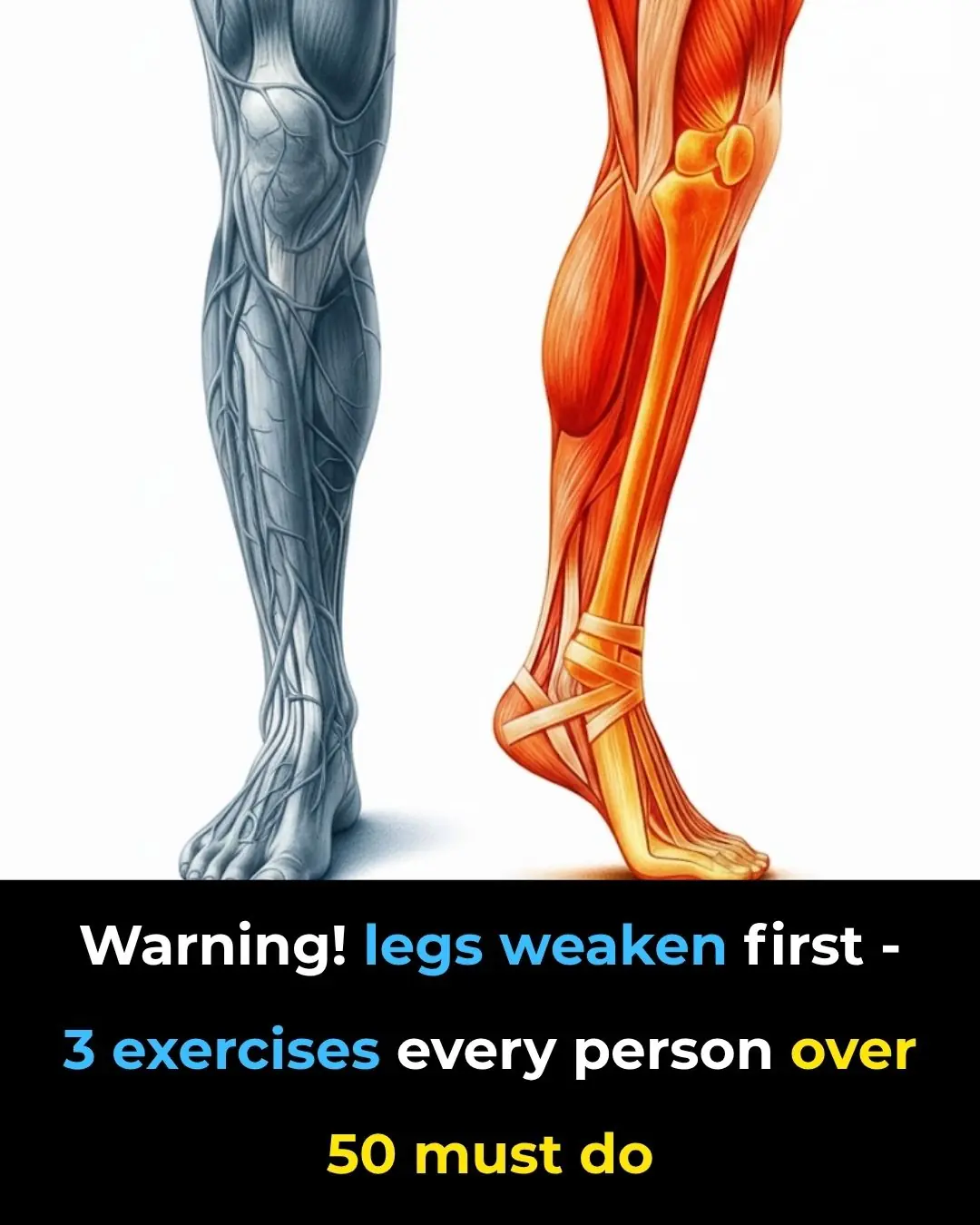
Warning! legs weaken first — 3 exercises every person over 50 must do
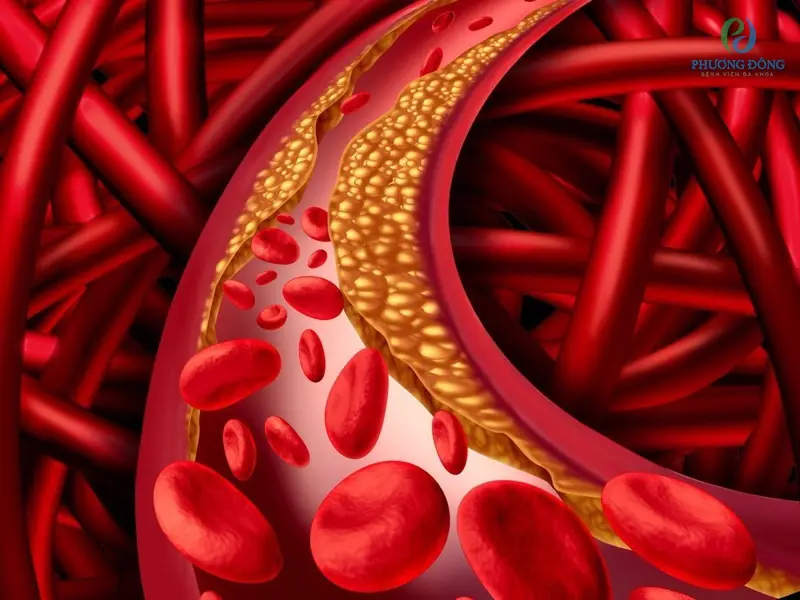
Powerful Foods That Help Prevent Clogged Arteries And Keep Your Heart Feeling 20 Again
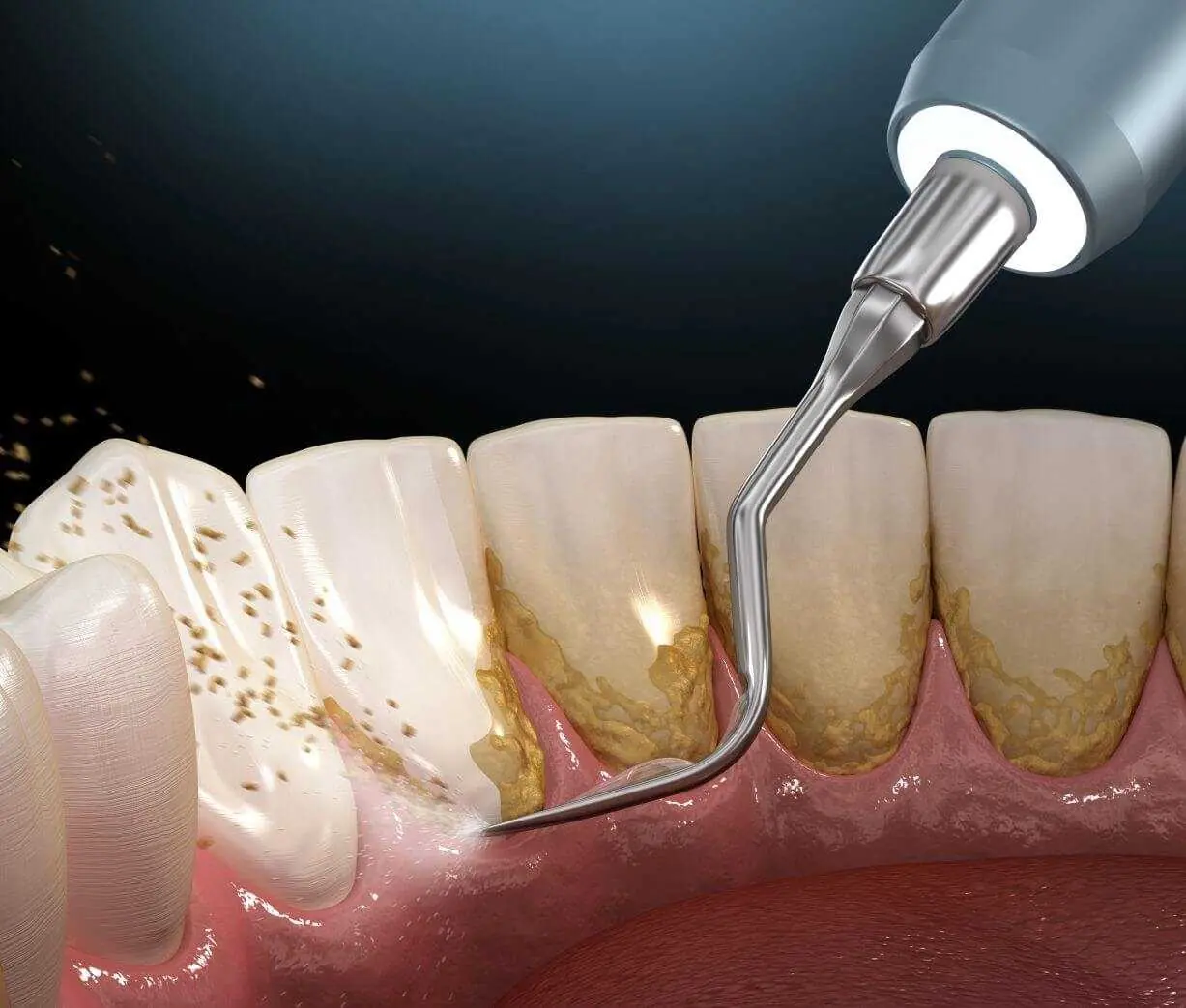
Natural Plaque-Removal Tricks That Actually Work

I used castor oil for neuropathy – here’s what happened in 30 days!
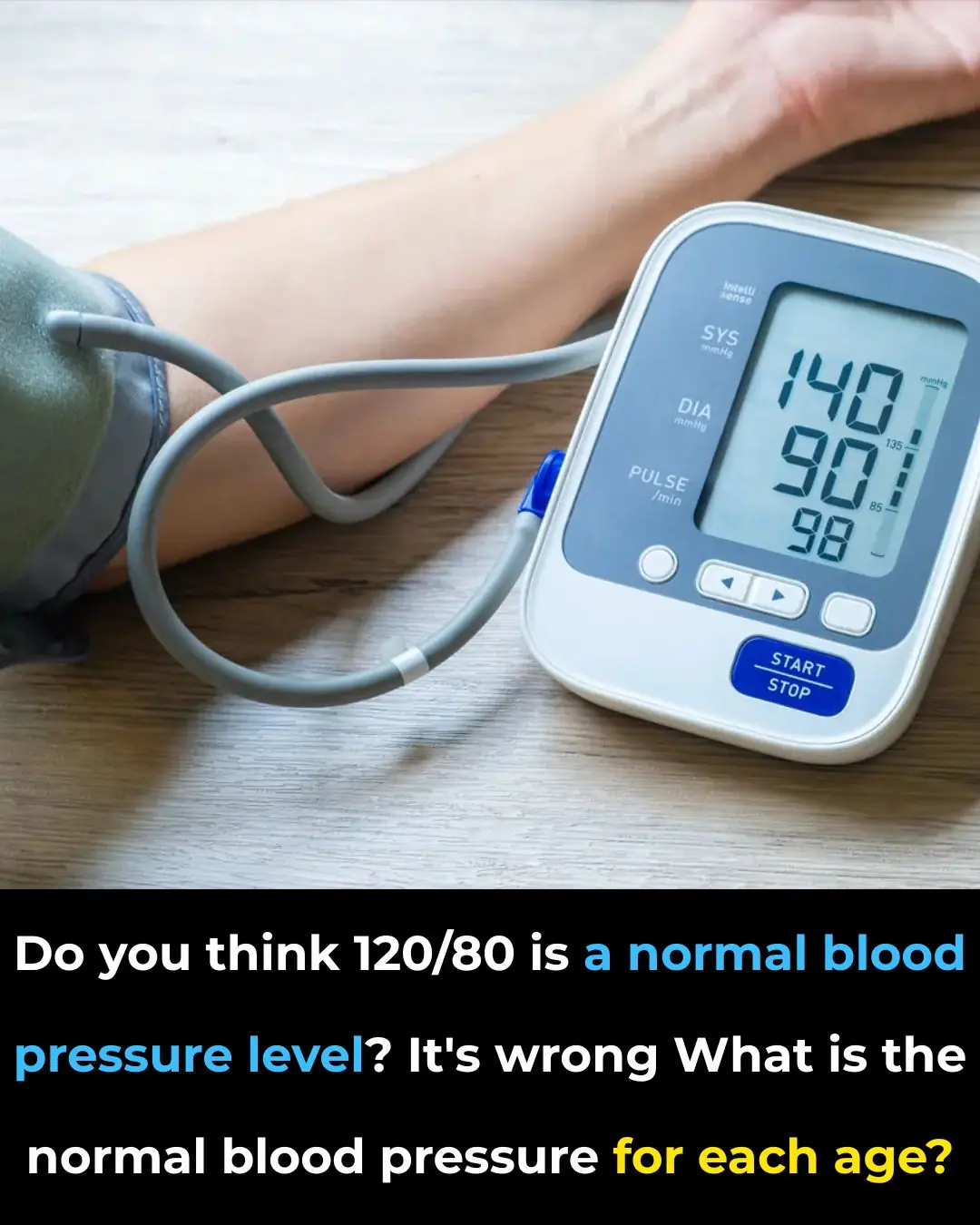
What Is The Normal Blood Pressure For Each Age
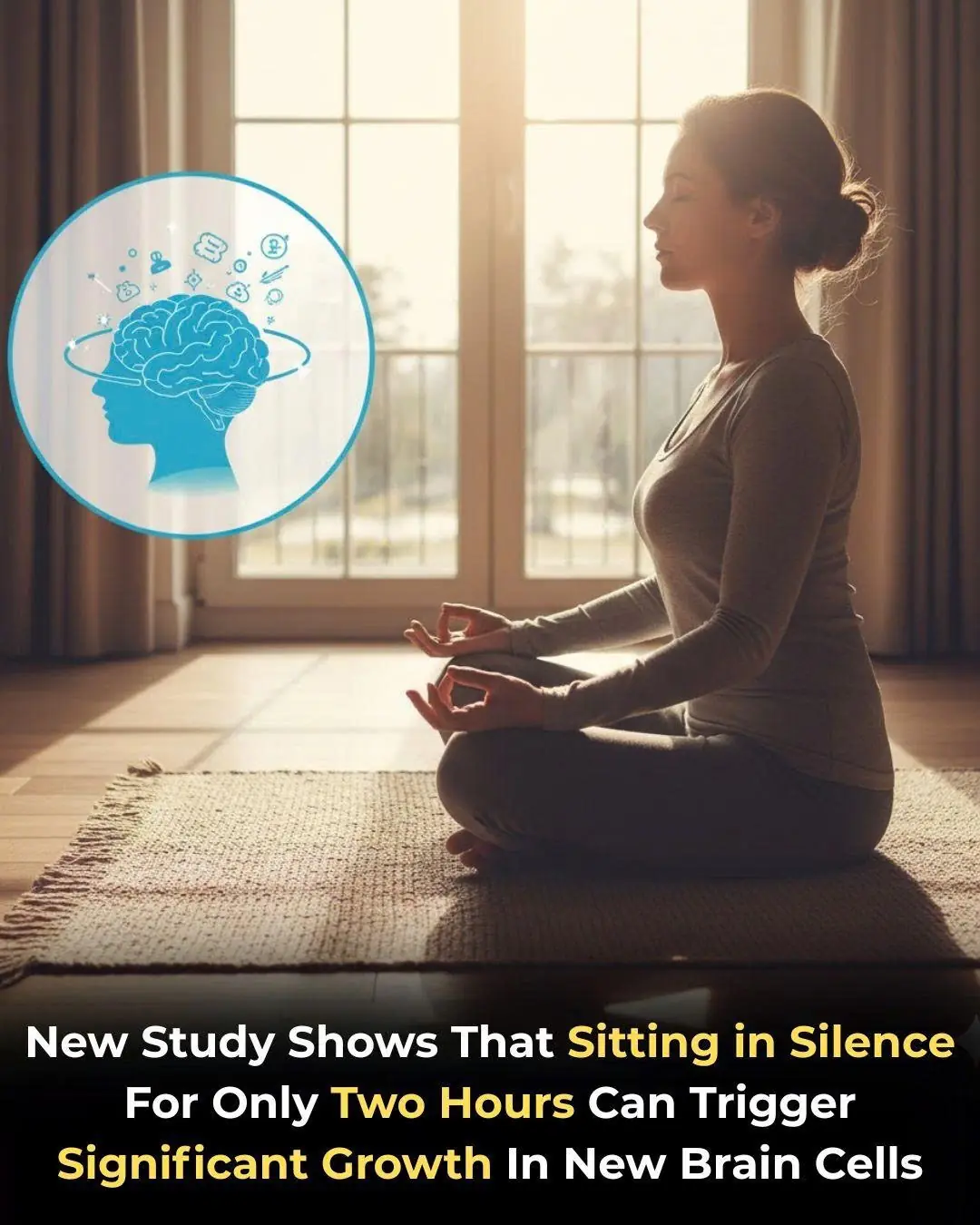
How Two Quiet Hours a Day Can Rebuild Your Brain

Rose Essential Oil: New Research Shows 30 Days of Aromatherapy May Boost Gray Matter Volume

Italy’s Porous Streets: A Quiet Innovation That Lets Cities Breathe Again

🦵 Swollen Legs and Feet: Causes, Symptoms & Natural Relief Methods

🌿 If You Have These Two “Dimples” on Your Lower Back, Here’s What They Mean
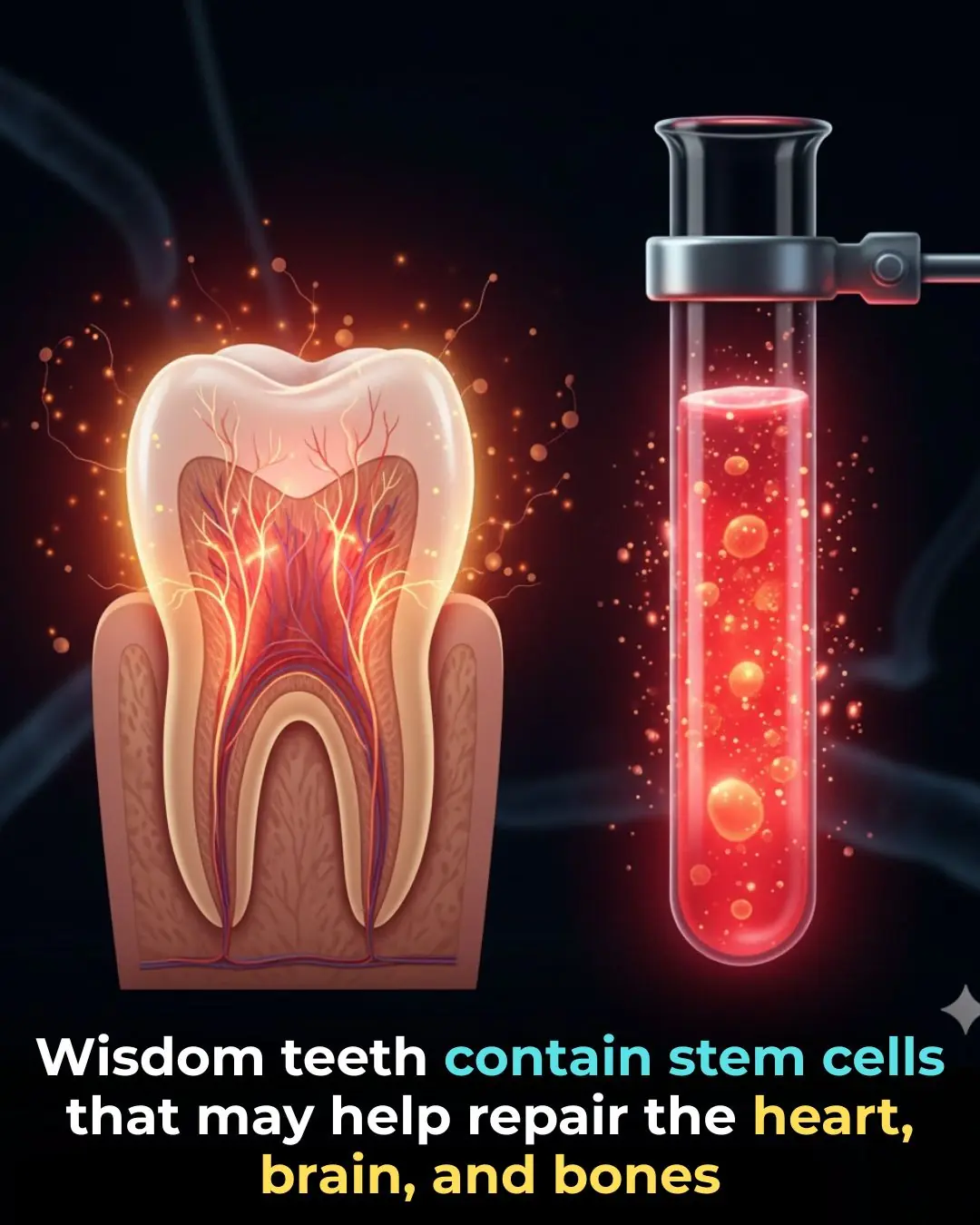
How Wisdom Teeth Could Power the Next Generation of Regenerative Medicine

This one vitamin could help stop you from waking up to pee every night
News Post

‘Don’t You Guys Sleep In Trees?’: Black College Football Player Quits School Team After Suffering Racism from Teammates He Lived with

Mice ran loudly on the ceiling

Boil green bananas this way

‘Take the Underground Railroad Girl’: Karen’s Mid-Flight Meltdown Gets Porsha Williams Escorted Off — But Simon’s Cryptic Private-Jet Post Takes Over

Tips to deodorize the refrigerator

3 ways to make crispy roasted pork at home in a pan or fryer

5 Herbs Your Liver Wished You’d Start Eating More Often (Or At Least Try!)

Tips for hair treatment with okra, extremely effective against hair loss, baby hair grows bristling

“How Indonesia’s Tarp Kiosks Are Redefining Public Drinking Water”
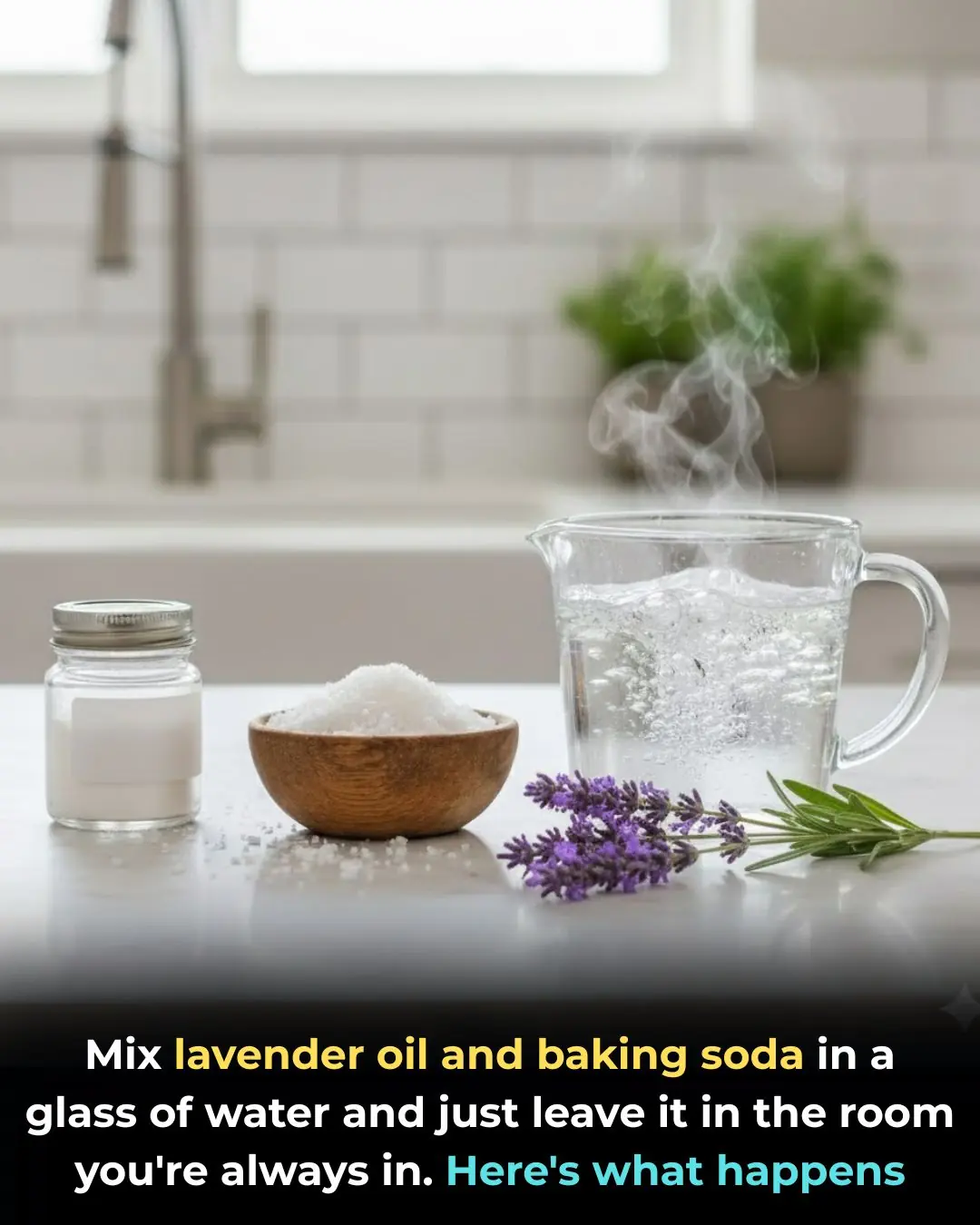
Just tried this and whoa

2 Simple and Effective Ways to Remove the Smell from Long-Frozen Meat
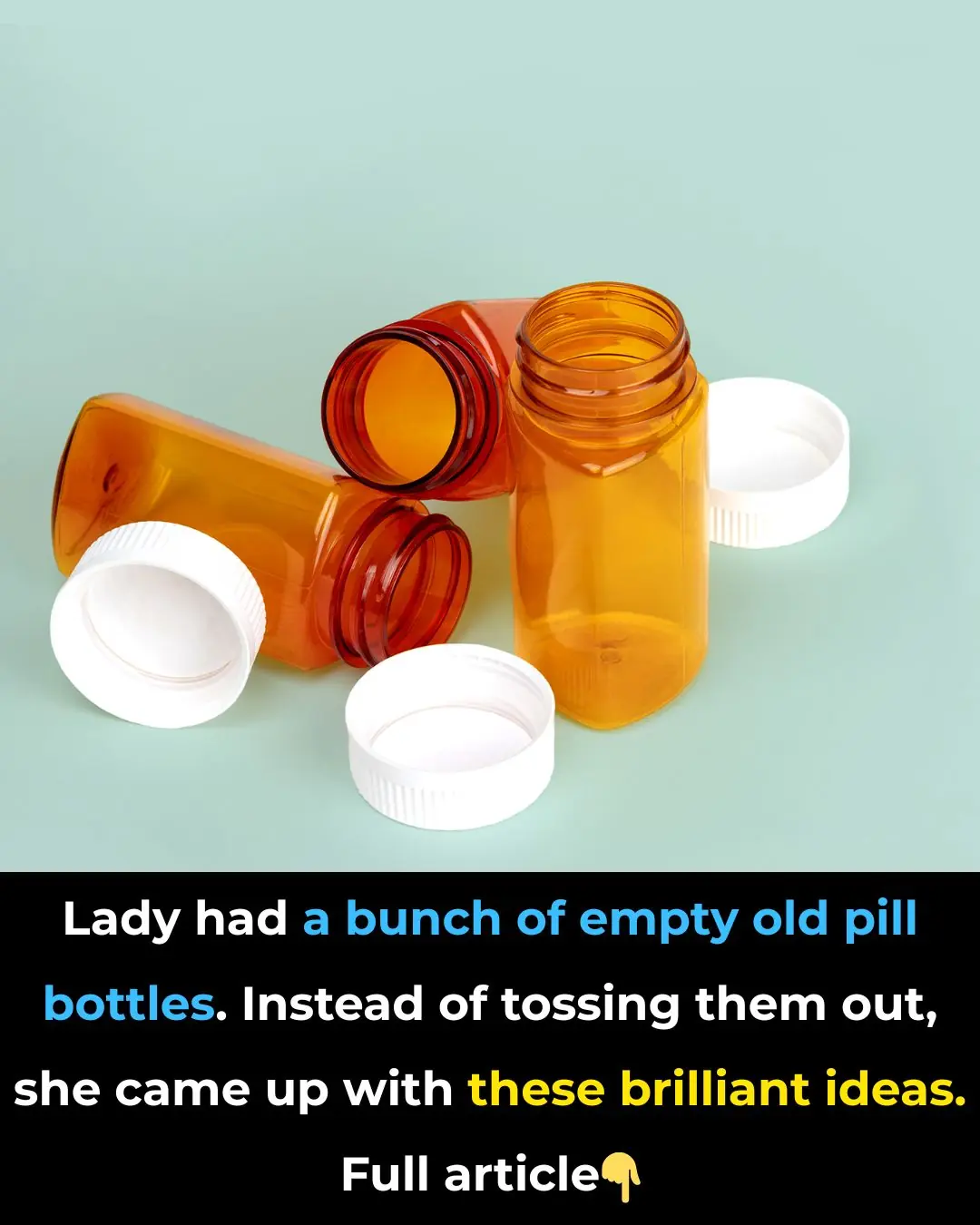
Lady had a bunch of empty old pill bottles

There’s a “Hidden Component” Under Your Washing Machine That Can Make Your Clothes Cleaner and Fresher

Wish I saw this sooner! Great tips!

Why Lung Cancer Targets Non-Smokers: The Hidden Kitchen Culprit You Might Not Know About

“Painting the Impossible: China’s Drone Experiments Turn Cliffs into Giant Artworks”

Dropping wind oil on garlic

‘Why Did You Come to This School?’: Lawsuit Says Chicago School Let 10-Year-Old Black Girl Be Called the N‑Word, Punched, and Threatened Daily—Then Blamed Her for the Disruption
